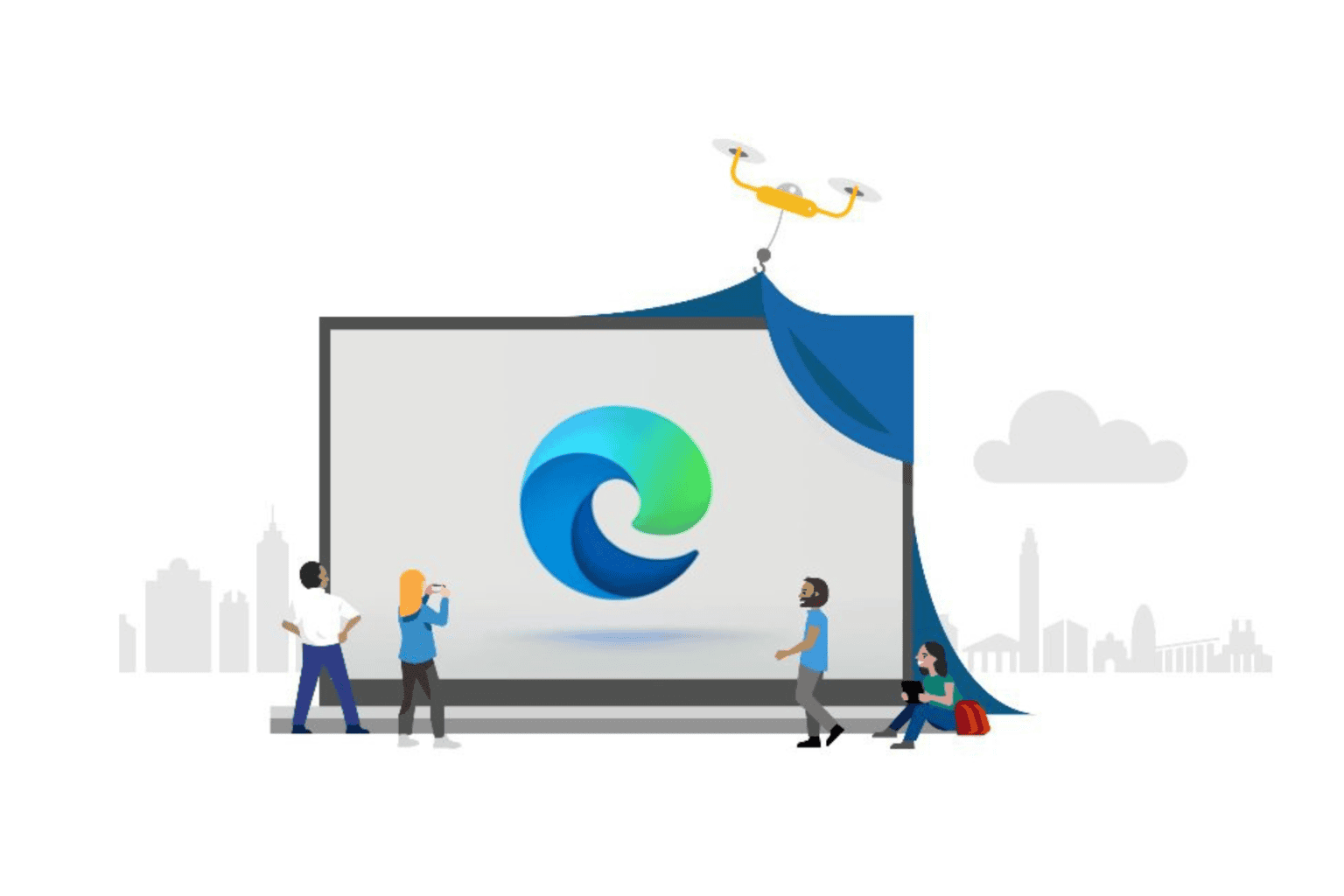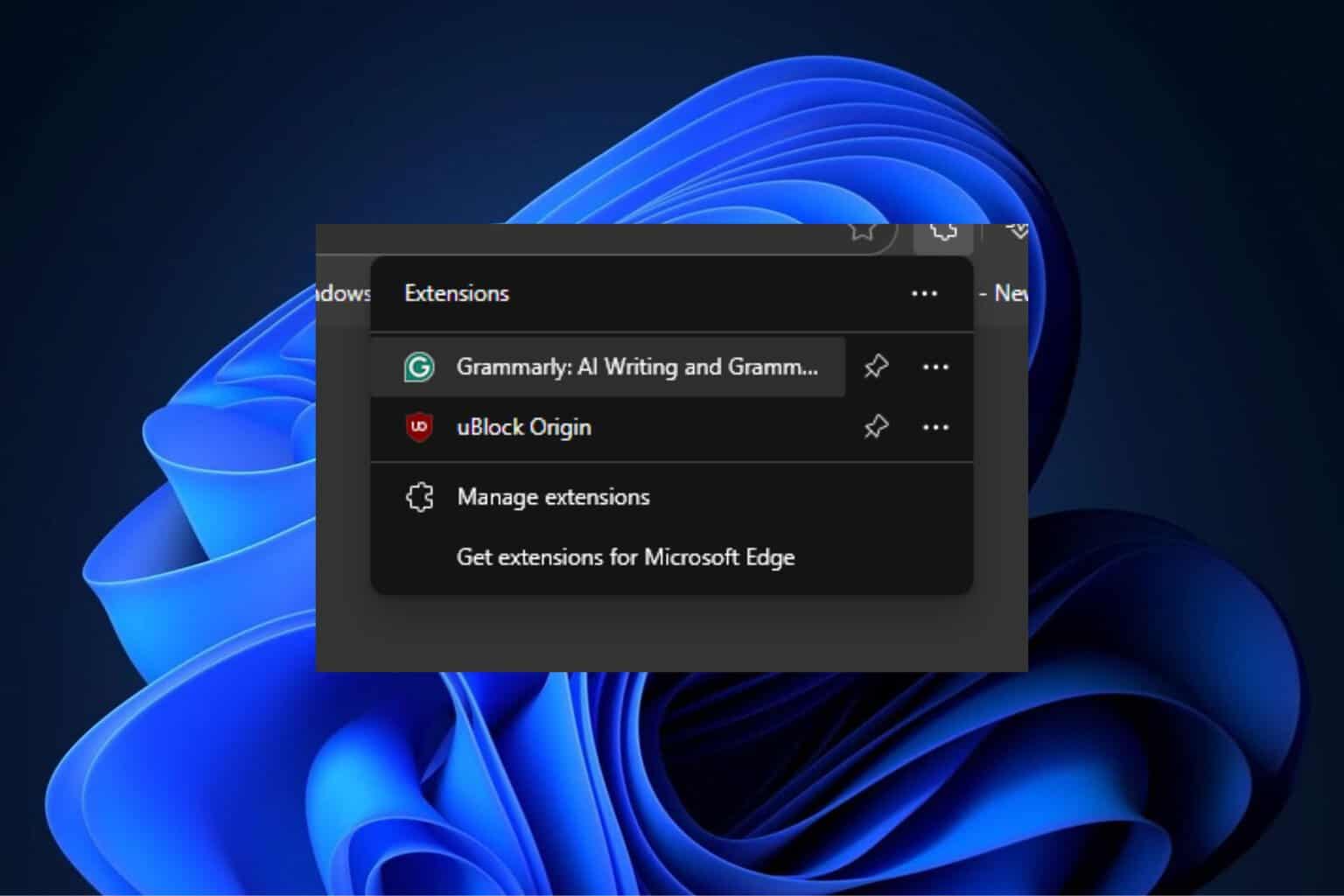Microsoft's latest patent reveals a music streaming software that recommends songs to users based on music criteria only
It also focuses on smaller/unknown artists.
3 min. read
Published on
Read our disclosure page to find out how can you help Windows Report sustain the editorial team. Read more

Even though the market is already filled with music streaming platforms, from Spotify to YouTube Music, Apple Music, Pandora, Deezer, and so on, it seems that Microsoft might be considering entering the market with its own music streaming platform.
The Redmond-based tech giant recently published a paper describing patented technology that analyzes a music track’s sound qualities —like rhythm, tempo, and melody— to make recommendations regardless of genre or artist.
It creates a unique description for each song, which helps compare it to other songs and determine their similarity. If a user likes a certain song, the system uses this information to decide whether to suggest another song based on their similarities.
The technology, suggestively called Song Similarity Determination, would recommend other songs strictly based on music criteria. The goal is to discover new music and artists and shine a light on a catalog of tracks and music that has had little to no coverage so far.
In the context of music, collaborative filetering recommendations will recommend music tracks that were listened to by other users with a similar musical taste. However, the catalog of available tracks is incredibly large (ypically tens to hundreds of millions), and large parts of the catalog consists of tracks that nobody listened to in the past. In addition to the songs with no listening data, songs can have too little listening data to make a statistically significant classification.
In this process, the audio descriptors are used directly to form a track-to-track similarity measure between tracks. By measuring the similarity between a track that a user is known to like and an unknown track, a decision can be made whether to recommend the unknown track to the user.
The recommendation process described by the patent is no different than the one currently on the market. The users will be notified of these recommendations via playlists or notification systems, and they will include artists, albums, producers, songwriters, multiple songs,
Besides this, Microsoft envisions this software as a regular music streaming platform, capable of generating playlists that follow the user’s music tastes; it also has a system of notifications, as we mentioned above, that will let the user know new music is waiting for them.
The distinctive factor, however, would be the focus on smaller/unknown artists, as this software’s algorithms would heavily consider songs with fewer or no listens at all. They will be recommended if they have a musical print similar to a popular song. This would make the platform a worthy competitor to the others currently on the market that are not focusing much on smaller artists.
For example, Spotify’s recent policies harm artists who don’t have more than 1000 streams yearly, as the platform decided not to pay them anymore. However, it doesn’t recommend them or place them in curated playlists to boost their popularity.
On the other hand, Microsoft is seeing an opportunity in this, which might make it real.
You can read the patent here.
Speaking about music, Copilot+ PCs will finally support many DAWs (Digital Audio Workstations), such as Cubase or Nuendo, allowing musicians to compose music directly on these devices. Copilot could also be used to compose music, and the Redmond-based tech giant has actually patented the technology a while ago.








User forum
1 messages